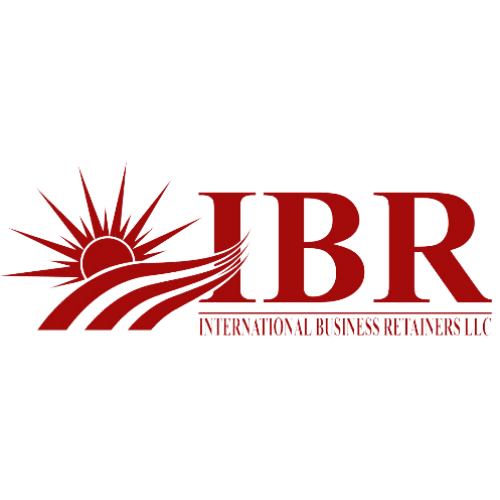
Role of Bookkeeping in Managing Farm Budgets and Cash Flow
In addition to being a traditional source of income, farming has also been viewed as a business. To guarantee greater financial gains, they must maintain a record of all the financial transactions pertaining to their employment and practice good cash flow management. Few farmers are aware of the need of accurate accounting and bookkeeping.
Many in the farming community continue to underestimate the value of bookkeeping, which is the primary factor in farmers’ financial efficiency. Their bookkeepers are crucial to enhancing their finances. The method is distinct even if bookkeeping for agricultural businesses has certain similarities. Several crucial facets of farm bookkeeping and financial flow are highlighted in this handbook.
Bookkeeping aid for farmers in cash flow and budget management?
The following are some methods that farm business bookkeeping uses to control cash flow and budgets:
1. Maintaining a record of financial transactions
Keeping thorough and accurate records of all farm-related financial transactions is the responsibility of bookkeeping. This covers earnings, outlays, sales, purchases, loans, and a host of other financial transactions. The basis for cash flow management and budgeting is provided by these records.
2. Creating appropriate budgets
Budgets can be made on a yearly, quarterly, or monthly basis using bookkeeping data. These budgets serve as a guide for financial planning by outlining anticipated income and expenses. Frequent comparisons of the budget and actual financial data make it easier to spot differences and make the required corrections.
3. Management of Cash Flow
• Forecasting Cash Flow:
Data from bookkeeping is used to predict cash flow. This entails projecting the arrival and expenditure dates of funds. This aids farmers in anticipating times of abundance and scarcity.
• Managing Working Capital –
Farmers can identify their working capital needs by keeping accurate books. After that, they can make sure they have enough cash on hand to pay for their regular operating costs.
4. Handling debt
Farmers rely a lot on credit and loans; bookkeeping makes it easier to keep track of loan terms, interest payments, and debt commitments. It guarantees timely payments, averting financial penalties in the event of late payments.
5. Tax preparation and adherence
Tax calculations and payment depend on accurate recordkeeping. Farmers can benefit from tax deductions and credits while adhering to tax laws by maintaining thorough records.
6. Evaluation of Costs
Expenses can be categorized through bookkeeping, which makes it simpler to find areas where spending can be cut or optimized. This contributes to increased profitability.
7. Taking decisions
For most farmers, making the right decisions is a challenge. Based on the financial information offered by bookkeeping, farm managers can make well-informed decisions about the expansion, investment, and distribution of resources.
8. Management of risks
Farmers that keep detailed records of their earnings and outlays are better able to identify financial hazards and create plans to reduce them. This involves diversifying sources of income or putting money aside for emergencies.
These are a few significant facets of bookkeeping’s function for farmers. This guarantees the farming industry’s correct financial growth, allowing for informed decision-making.
IBR Group is the better choice if you’re wanting to hire professionals to handle your bookkeeping needs for your farm business. For farms, IBR Group offers top-notch bookkeeping services. Their knowledgeable staff has worked on farm bookkeeping tasks. For farmers, IBR Group is an excellent source of bookkeeping services.
